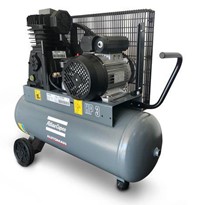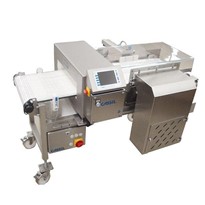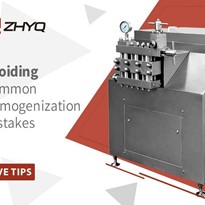Businesses can be given bad advice or think they have gotten a good deal on a second hand compressor and it bites them in the back pocket.
You are going to have your new air compressor for a long time, making sure you get it right the first time is crucial. In our time we’ve seen businesses make some pretty big mistakes and unfortunately it costs them thousands of dollars.
We have collected the 10 most common mistakes businesses are making so you can avoid them, so you can keep your hard earned money in your back pocket.
01. BUYING A COMPRESSOR SHOPPING ON PRICE ALONE
Industrial Air Compressors are an investment and are expensive. This makes buying the cheapest compressor possible an attractive option. However cheap compressors are built from inferior components, have questionable warranties or may even be undersized for your needs. Often costing you more in the long term when compared to a quality machine with a high initial investment.
02. NEGLECTING PROPER FILTRATION
Good quality Compressed Air Treatment remove particulate and other unwanted materials from your system. All too often businesses don’t know the different types of filter elements and their purposes and will use a general solution for specialised applications. Letting particles pass through the air lines and into machinery.
03. POOR PIPING
Businesses might upgrade their compressor but neglect to replace the existing pipework. Old and worn out piping will have leaks throughout the system. Furthermore, piping with a small internal diameter (less than 22mm) will bottleneck your system eating up your productivity capacity due to pressure drops causing the system to malfunction.
04. CHOOSING THE WRONG OPERATING ENVIRONMENT FOR YOUR COMPRESSOR
The environment your Air Compressor operates in will determine the maximum service time your compressor will have. Jamming your compressor into the back shed or leaving it outside in the elements is going to spell disaster. Extreme heat from poor ventilation or direct sunlight causes the compressor to work harder to maintain efficiency. In some extreme cases heat may even cause the oil in the air end to overheat and thicken, essentially destroying the compressor. Make sure you know the dimensions of the compressor you’re buying and have an area out of the sun with plenty of space.
05. FORGETTING TO ACCOUNT FOR COMPRESSOR SERVICING COST
Owning a compressor isn’t a single cost, there is regular maintenance and services that need to be completed in order to maintain warranty and efficiency. The cost of a service scales proportionality to the size of your system. Services and maintenance account for up to 7% of the total lifetime cost.
06. YOU HAVE TO REFRIDGERATE YOUR AIR
Compressed air that hasn’t been cooled down is full of condensation that is left over from compression. That moisture passes through the airlines cause rust and corrosion in the internal components of equipment and tools. The only way to ensure that condensation is removed is through the use of a refrigerated air dryer. Tank mounted compressors come with integrated air dryers but base mounted compressors require a dedicated dryer that is added to their existing system.
07. NOT EVERY COMPRESSOR HAVE FULL SPARE PARTS AVAILABILITY
Often when businesses are buying the cheapest compressor possible, they aren’t considering if there is sound spare parts availability and compatibility. New compressors from reputable suppliers like Focus Industrial will have a wide range of spare parts or network of service agents with access to parts, something you can’t guarantee with second hand or economic options.
08. OVERLOADING YOUR ELECTRICITY
Not knowing your plant’s electrical capacity could be a costly mistake to make. Industrial Air Compressors use large amounts of power. The wrong size compressor could cause your power to drop out frequently, ruining your efficiency or even worse break your equipment
09. USING THE WRONG SIZE COMPRESSOR
Having a larger than necessary compressor may not seem like an issue at face value. However larger systems need higher electrical consumption and cost more to service. Unless you plan on adding on new equipment or increasing your air consumption into the future you should pay attention to the size of your compressor and your current systems demand.
10. NOT HAVING AIR STORAGE TANKS
Storage tanks act as a buffer between the compressor and the demand system, reducing the time loading and unloading times. Using a storage tank that’s too small or even worse using no storage tank will increase the loading/unloading cycle. Ramping up your energy costs affecting your systems efficiency.
CONCLUSION
Businesses could have been given bad advice or think they have gotten a good deal on a second hand compressor and it bites them in the back pocket. But the truth is there are no shortcuts to clean, reliable and efficient compressed air.


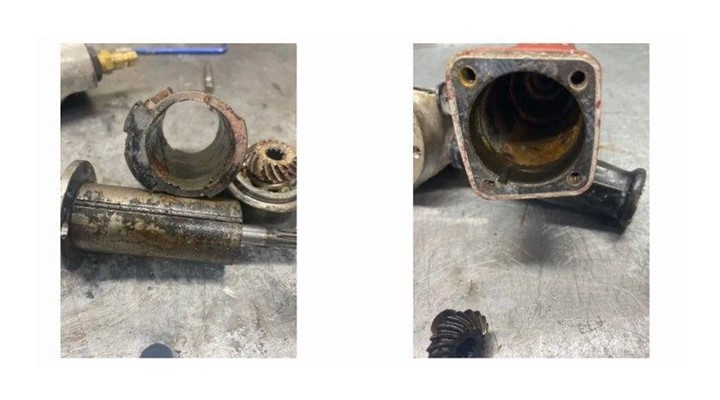
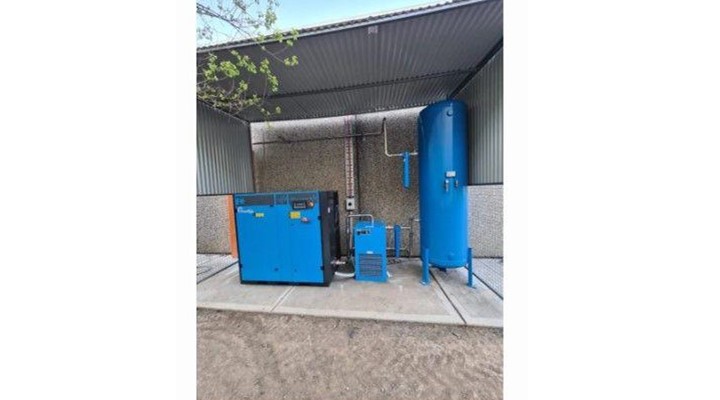
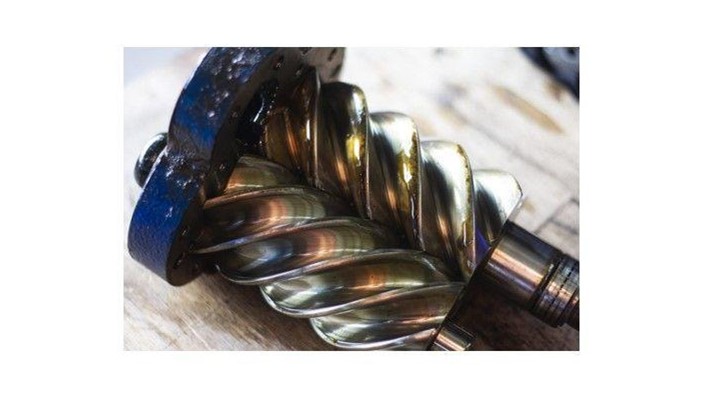
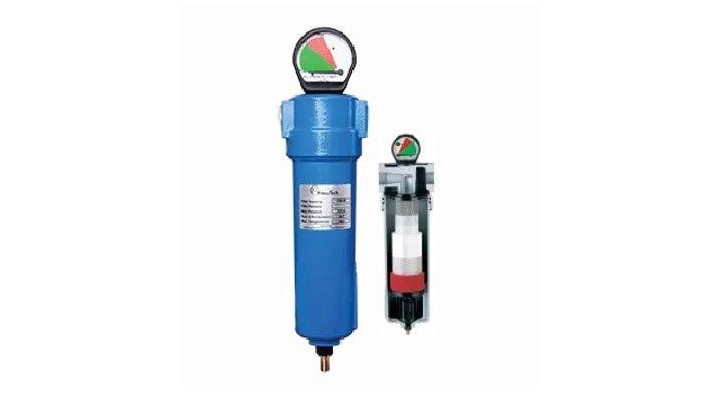
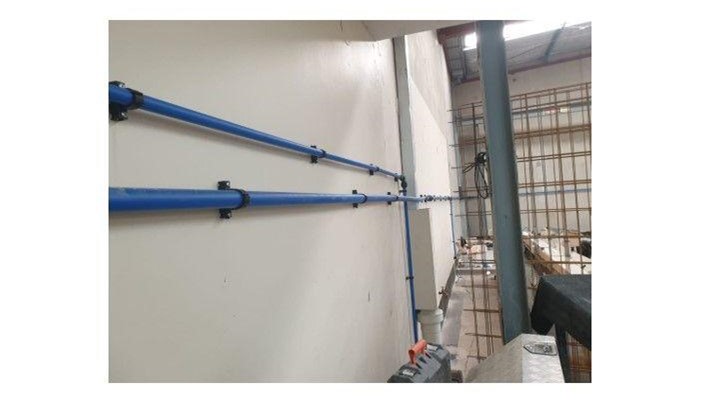
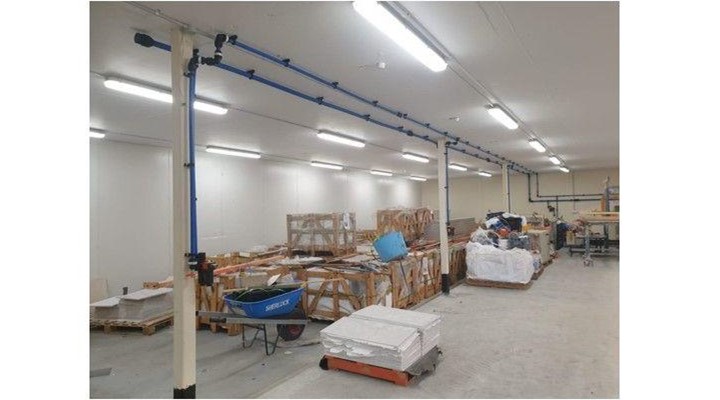

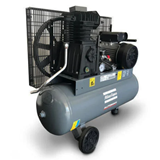
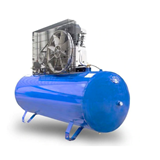
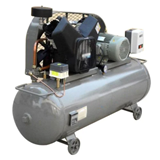

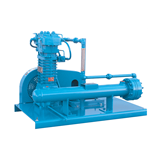
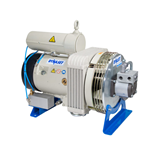
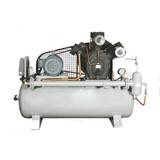
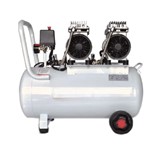
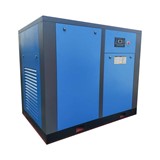
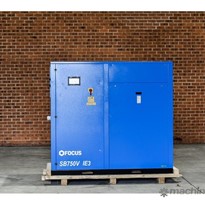
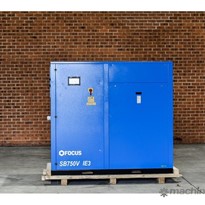
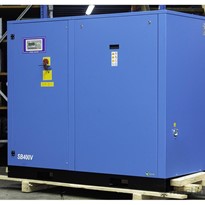
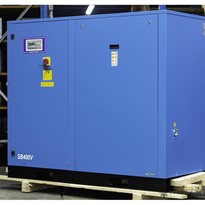
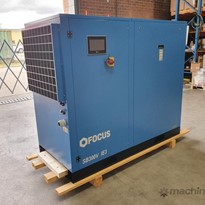

-375x300-205x205.jpg)
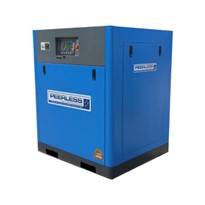
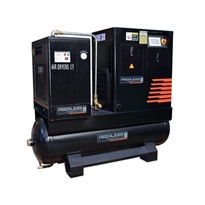


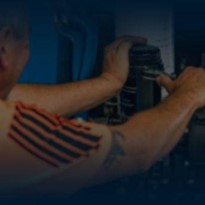

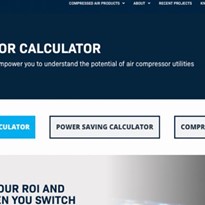



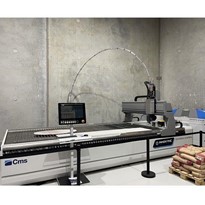
-205x205.jpg)
